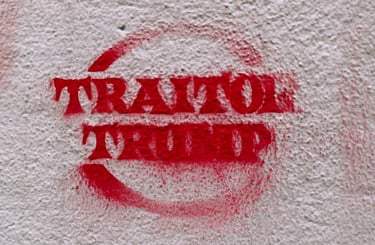The Legal Accountability of Leadership: A Closer Look
In recent discussions surrounding legal rulings against President Trump, it's intriguing to observe the extent of agitation among Republican supporters.
COURTSTRUMPREPUBLICANS


The Role of the Judiciary in Political Oversight
In recent discussions surrounding legal rulings against President Trump, it's intriguing to observe the extent of agitation among Republican supporters. These responses often center around the decisions made by judges, many of whom were appointed by both Democratic and Republican administrations. This highlights an essential function of the judiciary: to scrutinize actions taken by those in power, irrespective of their party affiliation.
Judges and Their Duty to the Law
It is crucial to recognize that the judges in question have rendered verdicts based on established legal principles. The fact that these outcomes are perceived as partisan is indicative of a broader issue within the political landscape. When judges declare that Trump has violated laws, it is not merely an arbitrary decision but a reflection of their commitment to legal integrity. Believing that the issue lies with the judiciary, rather than with possible legal infractions committed by Trump, dismisses the gravity of the situation.
Understanding the Implications of Political Rhetoric
This rhetoric surrounding the judiciary's actions raises questions about accountability in leadership. The unprecedented nature of the lawbreaking allegations against Trump calls into question the norms that have traditionally governed political conduct. Just as the judiciary must execute its role without bias, it is equally vital for political figures and their supporters to acknowledge the actions and decisions that have led to these judicial findings.
AI Generated Image